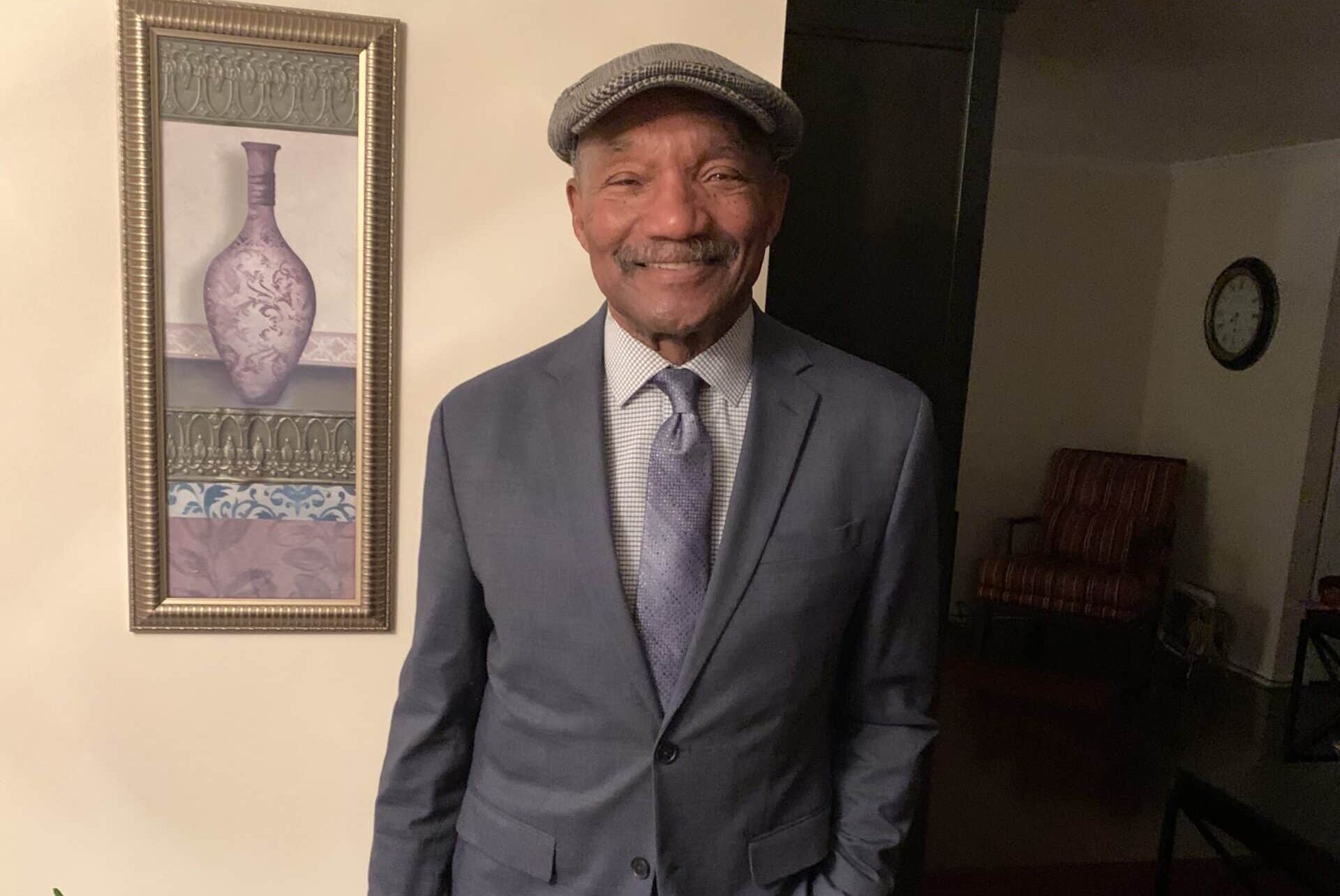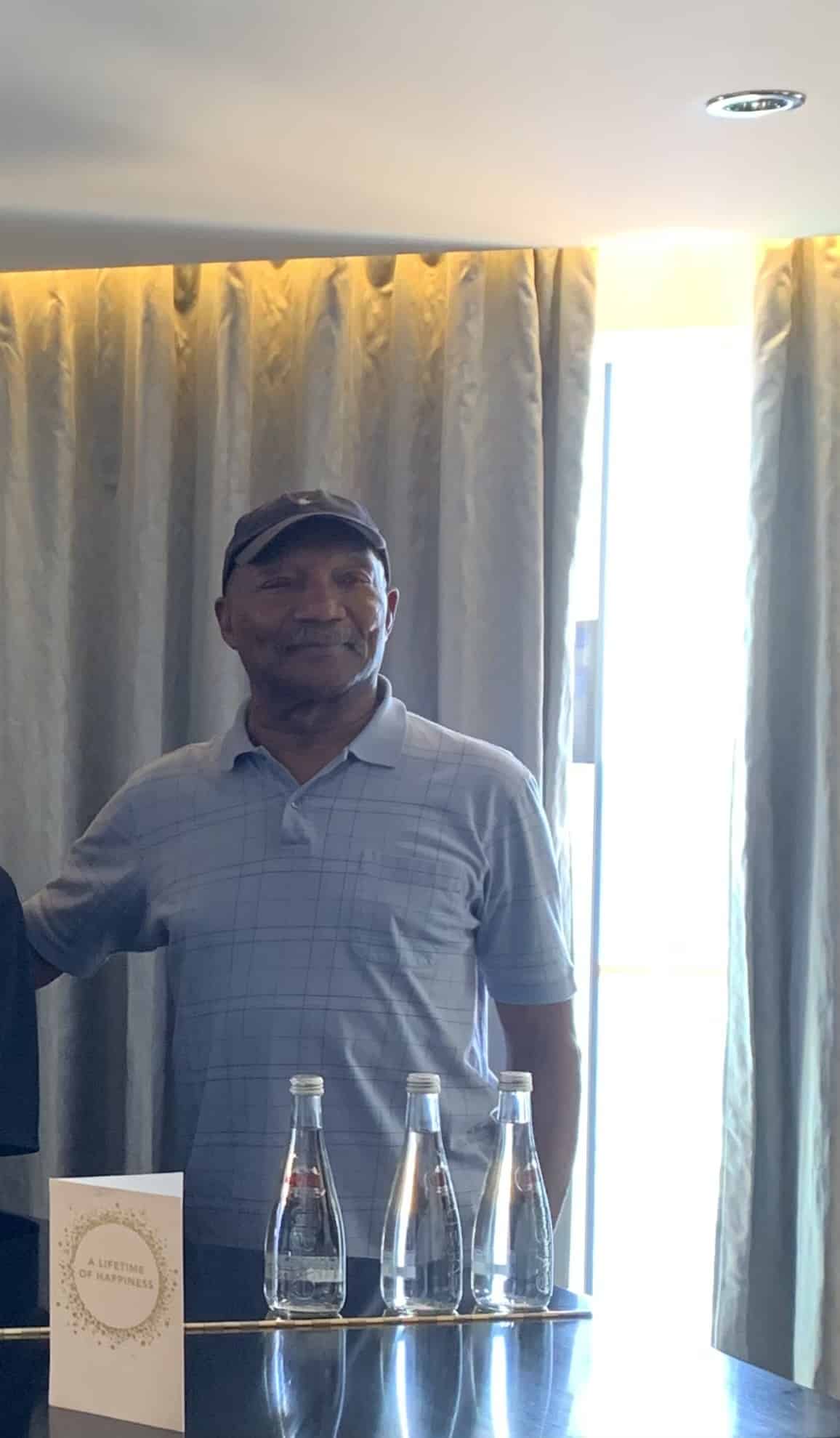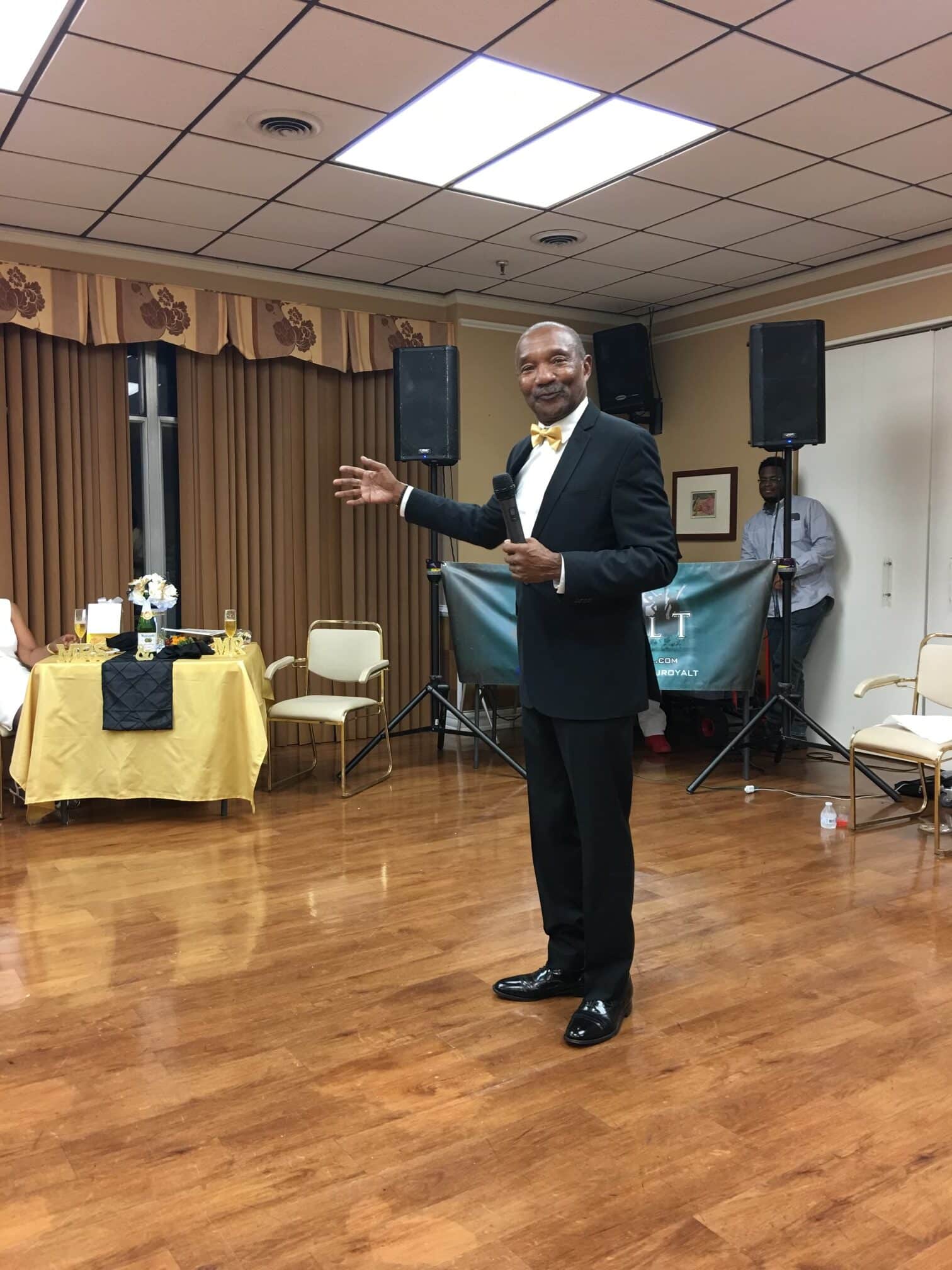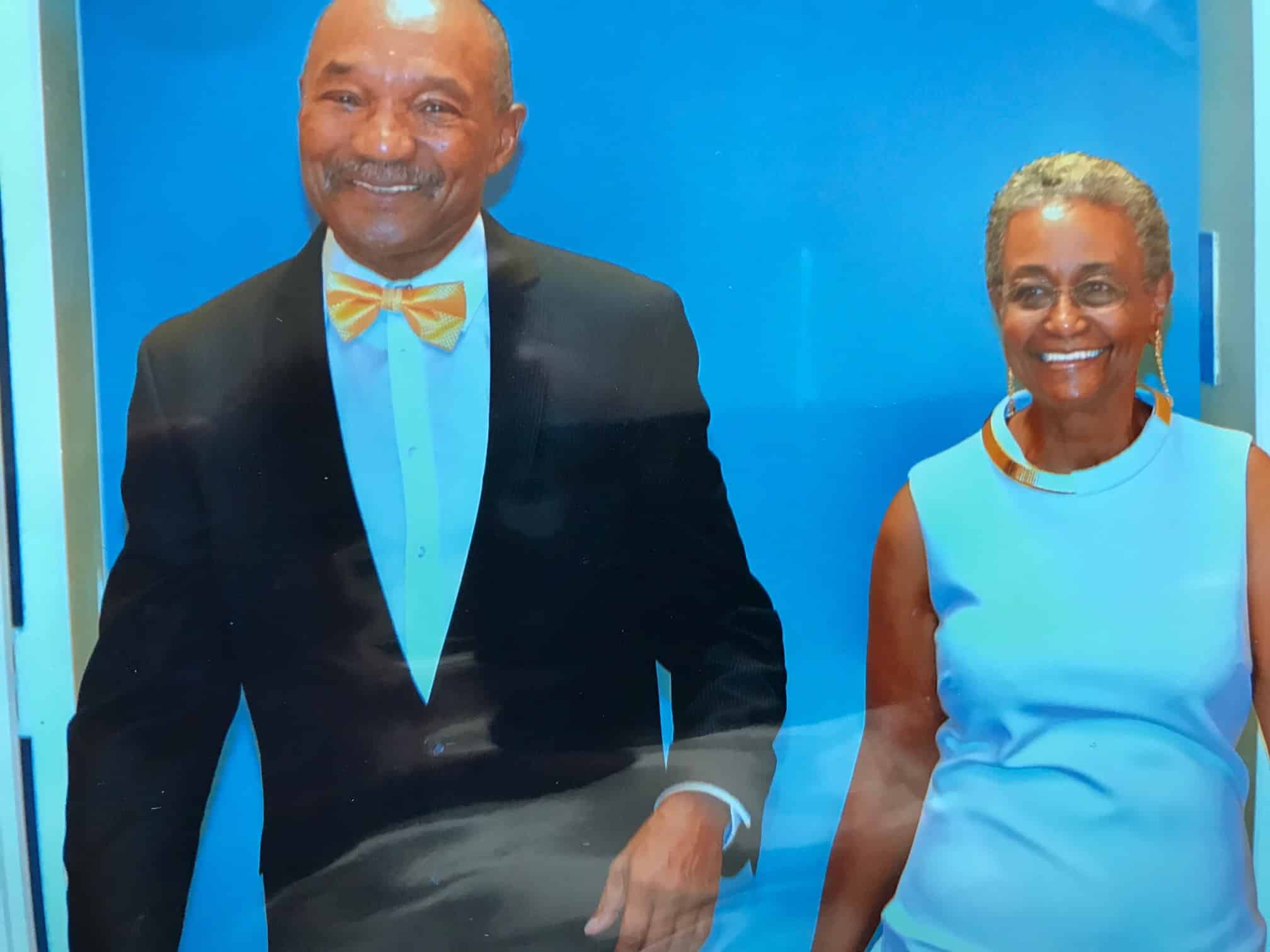
Living with Alzheimer’s disease can be both challenging and frightening. However, stories of resilience and hope can inspire those in similar situations. One such story is that of Arthur Ronald Gooden, known as Ron to his loved ones. A former community college professor, Ron’s experience highlights the significant impact of early detection.
Ron’s journey began around 70 years old while he was still actively teaching. He started noticing frequent memory lapses, which initially seemed like typical “senior moments.” However, these incidents became more frequent and severe. He found himself forgetting students’ names and even simple daily tasks when he was in the middle of a lecture. This forgetfulness went beyond the occasional misplaced keys or forgotten appointments.
“Imagine, you’re in the middle of teaching, and suddenly, you can’t remember what you were saying. It was happening more and more often,” Ron recalls. This growing concern prompted him to seek medical advice.
Upon consulting his doctor, Ron was diagnosed with early-stage Alzheimer’s. This news was initially devastating, as it signaled the potential end of his teaching career, a profession he loved deeply. Despite the fear and uncertainty, Ron approached his diagnosis with a problem-solving mindset.
“I’ve always tried to fix problems in my life. The next step was to find out what could be done,” he explains. This proactive attitude led him to Dr. Ashok Patel and a clinical study program at Bio Behavioral Health that would become a turning point in his journey.

RELATED: Alzheimer’s vs. Other Dementias: What’s the Difference?
Ron’s treatment involved a combination of medical interventions, including a medication called LEQEMBI, and cognitive exercises. He underwent various brain exercises designed to stimulate different parts of his brain and improve memory function. Activities ranged from using flashcards to practicing tasks with his non-dominant hand, all aimed at keeping his brain active and engaged.
Physical exercise also played a crucial role. Although initially reluctant, Ron soon recognized the benefits of staying physically active. The regimen helped him feel more energized and capable of managing his symptoms.
“The treatment program tries to force my brain to work a little harder than it might naturally by thinking about different things and taking different journeys,” Ron, who is also a prostate cancer survivor, explains. “It’s like physical exercise – if you don’t use it, you lose it. This disease makes some things harder, but it’s the same concept. They force me to start using my brain again and think outside the box.”
Despite his initial concerns about his career, Ron has found a new path as a court system tipstaff. This role involves maintaining order in the courtroom, ensuring that proceedings run smoothly, and supporting the judge. It’s a full-time job that has brought structure and purpose back into his life.

“Being back at work, I don’t feel 79 years old. I feel like I did when I was 55 or 60,” he shares. His return to the workforce was a testament to his resilience and the effectiveness of his treatment plan.
Ron, who observed that his memory deteriorated during periods of inactivity, reflects, “I understand that I’ll continue to experience memory lapses. However, I’ve discovered strategies to manage them and still accomplish my tasks. I might need to take notes in a new way or approach problems differently. These are all techniques I learned in the program, which taught me alternative methods to maintain my effectiveness in any situation.”
Ron attributes much of his success to the unwavering support of his wife and the medical team at Dr. Patel’s clinic. His wife and partner of 57 years, provided constant encouragement and motivation, ensuring he adhered to his treatment plan. The clinic staff became like family, celebrating every small victory with him.
“Her support has been amazing,” he shares. “I can’t say enough about it and the support of people in the clinic. They treat me as though I didn’t have a condition, but they still support me. Every time I do something that I didn’t know I could remember or do, I’m more encouraged to do the next thing. I can actually see myself better than yesterday.”
Ron is passionate about raising awareness, particularly within the Black community, where there is often a stigma around seeking mental health care. With more than 21 percent of Black Americans over the age of 70 living with Alzheimer’s, Ron hopes that sharing his story will encourage others to overcome hesitations and seek the help they need.
“Don’t hesitate just because it’s not something we’ve done before. This is about you and your well-being. The stronger you are, the better you can be for your loved ones,” he emphasizes.

RELATED: Alzheimer’s Disease: Black Americans Are Hardest Hit
Tips for Managing Alzheimer’s
Reflecting on his journey, Ron emphasizes the importance of early diagnosis and intervention. He urges others who experience similar symptoms not to dismiss them as mere signs of aging but to seek professional help promptly.
Here are the strategies that have helped him manage his symptoms effectively:
- Taking Copious Notes: This helps Ron stay organized and on track.
- Asking for Repetition: Ron has learned that asking people to repeat themselves is okay. Communication is key.
- Mental and Physical Exercises: Consistently engaging in brain and physical exercises helps Ron maintain cognitive function.
- Seeking Support: Surrounding himself with supportive people, including his wife and the amazing team at the clinic, has been crucial.
“If you feel like you’re kind of on a cliff, don’t guess about it. Get some help. There is hope and potential for improvement,” Ron concludes.









